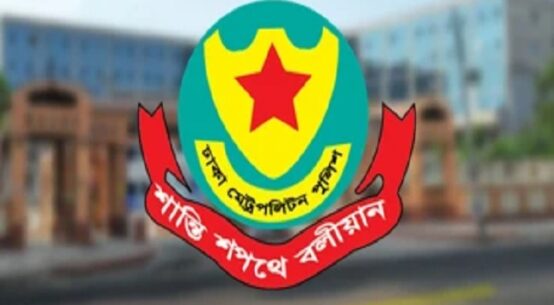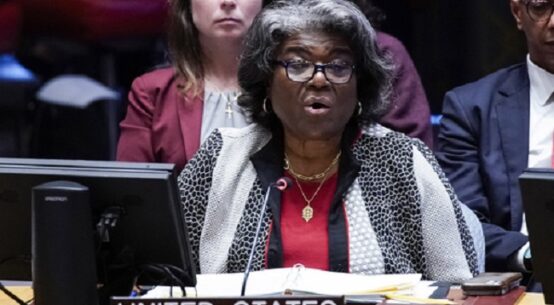After stretching until midnight of Friday, the formal ending of the 13th Ministerial Conference (MC13) of the World Trade Organization (WTO) was announced at the early hours of today (Saturday) here in Abu Dhabi.
As there was no consensus among the developed and leading developing countries on two critical issues, agriculture and fisheries subsidies, no deal was also reached there.
India and some other developing nations strongly pushed for permanent solutions on public stockholding (PSH) of foods.
The United States (US) and European Union (EU) denied making any compromise on the issue terming it trade distorting measure.
The second phase of the fisheries subsidies agreement that proposed to ban subsidies on overcapacity and overfishing was also not approved due to strong differences among the countries.
The first phase of the agreement adopted at MC12 in Geneva prohibits government support for illegal, unreported and unregulated fishing, fishing of overfished stocks and fishing on the unregulated high seas.
The e-commerce moratorium will, however, continue for two more years despite opposition from India and some other countries.
It means there will be no customs duties on electronic transmission during the period. Developed countries heavily backed the moratorium.
On dispute settlement reform, members agreed to work on ‘having a fully and well-functioning dispute settlement system accessible to all members by 2024.’
The graduating LDCs including Bangladesh get three years as an extra time after their graduation to adjust with the WTO rules and provisions regarding the dispute settlement system.
They will also enjoy LDC-specific technical assistance and capacity building provided by the WTO for three years after graduation. There is, however, no binding commitment on the continuation of the preferential market access for the graduating LDCs.
“We reaffirm the provisions of special and differential treatment for developing Members and LDCs as an integral part of the WTO and its agreements,” said the declaration.
“Special and differential treatment in WTO agreements should be precise, effective and operational.” WTO DG Okonjo-Iweala, in her concluding statement said.
She also said: “We have worked hard this week. We have achieved some important things and we have not managed to complete others. Nevertheless, we moved those pieces of work in an important way. At the same time, we have delivered some milestone achievements for the WTO and laid the groundwork for more.”
At the concluding session, Dr Thani bin Ahmed Al Zeyoudi, Minister of State for Foreign Trade of the UAE and MC13 Chair, thanked members for their active engagement during the Conference.
The MC13 of the WTO started on Monday where trade ministers and senior officials of 164 members joined.
As they had failed to reach consensus on critical issues during these days, the conference extended to Friday.
An eight-member Bangladesh delegation headed by Ahasanul Islam Titu, State Minister for Commerce, participated in the conference.


